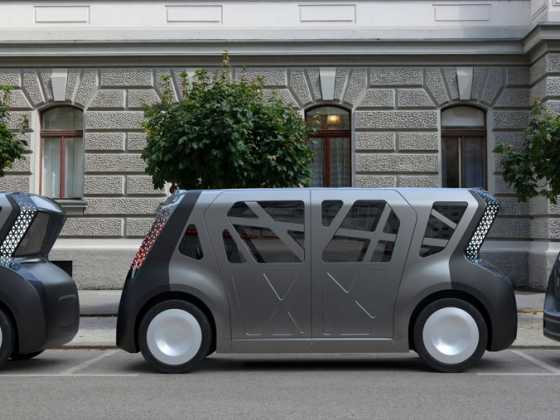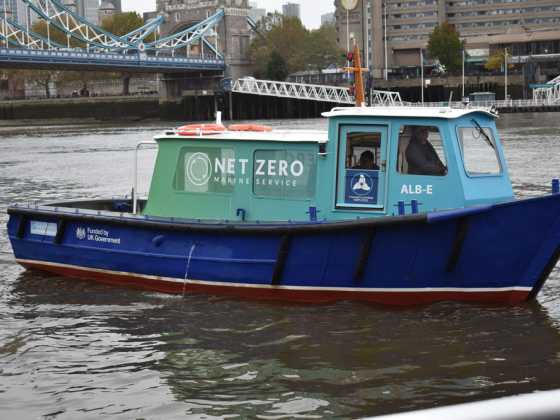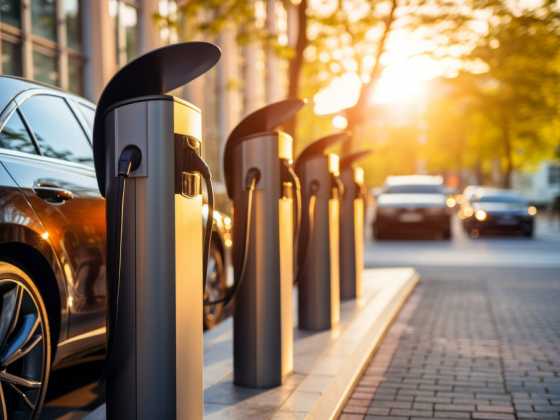Leasing and the green agenda

How can the leasing and rental industry help drive forward the government’s carbon reduction and air quality agenda? And what should the government be doing to speed up the uptake of zero and ultra-low emission vehicles? GreenFleet chats to BVRLA’s CEO Gerry Keaney to get his views
What are the benefits of leasing over outright purchasing for zero and ultra-low emission vehicles?
Many of the long-standing benefits associated with vehicle leasing are particularly attractive when it comes to fleets and people looking to adopt zero or ultra-low emission vehicles. These vehicles are expensive and leasing companies can pass on the purchasing discounts they get from buying so many of them.
Leasing enables you to fix the cost of your vehicle acquisition over a set period, meaning that you don’t have to stump up a lot of money up-front. This can be particularly attractive for businesses that would like to use that working capital elsewhere.
With the most popular form of leasing, contract hire, you never actually own the vehicle. This means that you are immune from any risk associated with that vehicle’s residual value. Should a vehicle’s residual value fall sharply, perhaps due to the introduction of a new range of much more efficient electric vehicles, the leasing company will have to absorb this cost.
One of the most attractive elements of leasing vehicles, particularly those that are using new technology, is the ability to get advice and package up a range of other services within an additional fleet management fee. This means that you can fix your maintenance costs and benefit from lots of leasing company advice on what type of ultra‑low emission vehicle you should choose and how you should use it.
How can the industry help with the air quality agenda?
BVRLA members own and operate nearly five million cars, vans and trucks. These are some of the youngest and cleanest vehicles on the road. They will play a vital role in tackling the air quality issues faced in the UK by providing a range of finance and rental options for companies that need to upgrade their fleets to meet Clean Air Zone or Ultra Low Emission Zone standards. They will also help drive behaviour change in our towns and cities, helping businesses and individuals to reduce non-essential car use and ownership by relying more on pay-as‑you-go vehicle rental and car club services and using more public transport.
The rental and leasing industry will drive the uptake of ultra-low emission cars, vans and trucks, helping UK businesses and individuals to choose and finance these vehicles and then recycling them into the used market for the next generation of customers.
Finally, we are also working with government to help it develop a roadmap for zero-emission motoring that takes a co‑ordinated approach to tax incentives and infrastructure.
What should the government do to incentivise the uptake of greener vehicles?
The Company Car Tax (CCT) regime is one of the government’s most powerful tools in influencing the behaviour of businesses and individuals. A fair, consistent and well-signalled system can play a vital role in helping the government to meet its policy goals. We believe that the Treasury has a tremendous opportunity to accelerate this process and accentuate the results with a simple realignment of the CCT regime.
Over the last two decades, the vehicle rental and leasing industry has embraced the introduction of emissions-based motoring taxes and used the incentives they provide to deliver a sustained and substantial reduction in average CO2 emissions. Using the CCT regime, BVRLA members have worked with their customers to reduce their carbon footprints, embrace alternative fuel types and explore other more sustainable modes of transport.
This progress is now at risk. Average CO2 emissions are rising and employers are taking less responsibility for the vehicles and modes of transport that their staff are using. The BVRLA would like to work with the government in delivering a more effective company car tax regime that supports its policy objectives, protects revenues and provides a fair, consistent and well-signposted direction for taxpayers.
The government should bring forward the scheduled introduction of a new, reduced two per cent Company Car Tax (CCT) rate for electric vehicles to incentivise the right purchasing choices. The CCT rate for these vehicles is currently set to increase for the next two years, up to a rate of 16 per cent in 2019/20 before falling to two per cent in 2020/21. There are indications this cliff-edge is acting as an active deterrent to potential buyers, who are putting off the adoption of an electric car.
What are the other alternatives to outright purchasing that are gaining momentum?
Car clubs provide convenient and affordable access to vehicles on a 24/7 basis, and can provide a great alternative to car ownership for many city dwellers. Cars can be booked online or by phone, weeks ahead or with just a few minutes’ notice, for anything from a few minutes to a weekend.
Many organisations are now embracing corporate car clubs as a way of providing similar benefits to their employees, reducing the need for inefficient and poorly‑managed pool cars or grey fleet.






